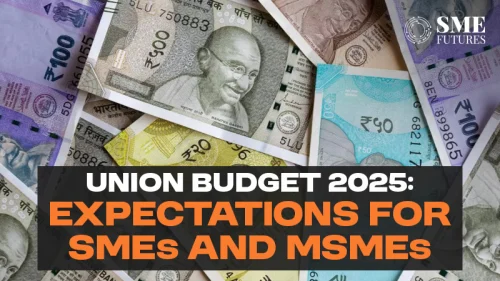Scheduled commercial banks’ net non-performing assets (NPA) ratio fell to a 10- year low of 3.9 per cent in March 2023, the Reserve Bank of India noted in the latest edition of its Financial Stability Report released Wednesday.
“Macro stress tests for credit risk reveal that SCBs are well-capitalised and all banks would be able to comply with the minimum capital requirements even under adverse stress scenarios,” it said.
Gross and net NPA ratios have fallen from a high of 11.5 per cent and 6.1 per cent in March 2018 to 3.9 per cent and 1.0 per cent in March 2023 respectively. RBI notes that certain pockets of Non-Banking Financial Intermediaries (NBFIs) have high leverage, positing systemic concerns.
“Elevated levels of off-balance sheet financial leverage indicate that overall synthetic leverage may be approaching historic highs,” RBI said. Since the last issue of FSR was published, trajectories of global and Indian financial systems’ growth have changed, RBI Governor Shaktikanta Das wrote.
“The global financial system has been impacted by significant strains since early March 2023 from the banking turmoil in the U.S. and Europe. In contrast, the financial sector in India has been stable and resilient, as reflected in sustained growth in bank credit, low levels of non-performing assets and adequate capital and liquidity buffers,” he said.
RBI said that as per the latest Systemic Risk Survey carried out in May 2023, risk across most categories that contribute to domestic systemic risk receded. However, risk from global spillovers remained in the ‘high’ risk category with more than half of the respondents expressing falling confidence in the stability of the global financial system.
“Tightening of global financial conditions, global growth slowdown and volatility in capital flows were cited as major risks,” it said. The Financial Stability Report (FSR) is a half-yearly publication with contributions from all the financial sector regulators.











